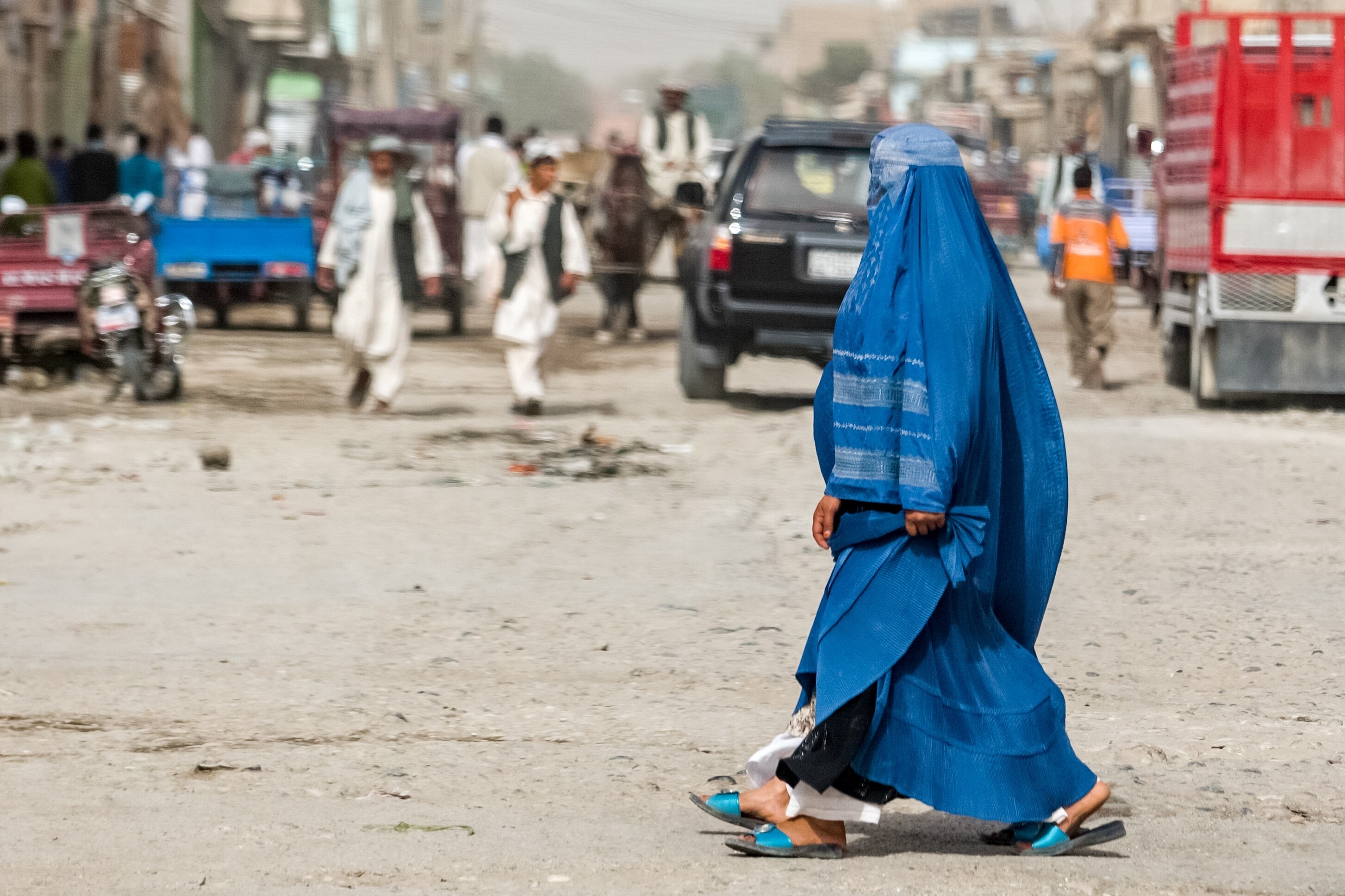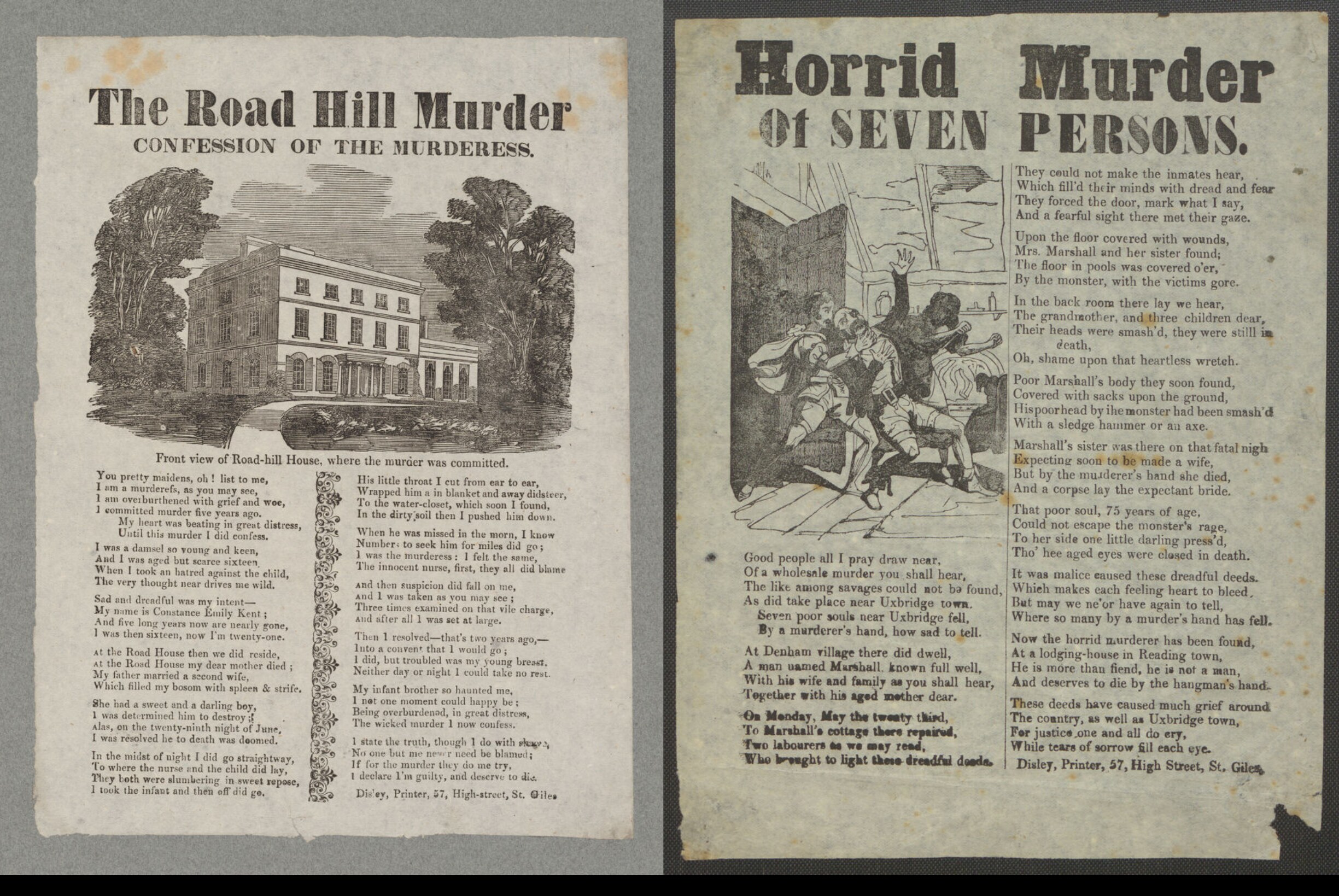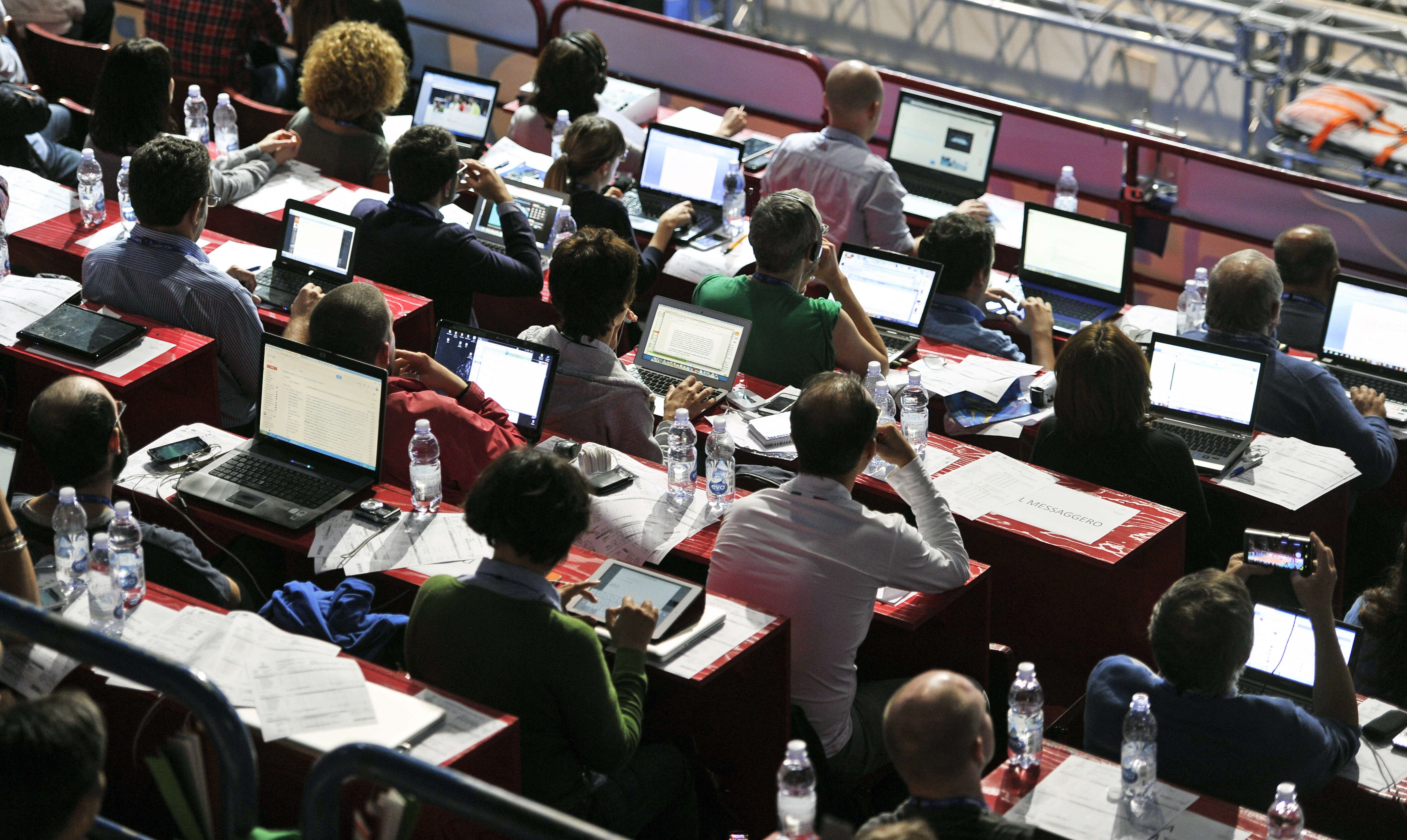تعتمد القيمة الإبستيمية (المعرفية) للأخبار أساسا على نظرتها للحقيقة؛ فالأخبار الجيدة هي الأخبار الدقيقة. إلا أن معيار الدقة، على ضرورته، ليس كافيا لإعطاء الأخبار قيمتها المعرفية، بل يجب أن تكون صادرة أيضا عن مؤسسة صحفية (صحيفة، قناة إخبارية، موقع إخباري، إلخ..) تُنتَهج الدقة بصفتها قيمة ثابتة لما هو صالح للنشر، الأمر الذي يجعل أي محتوى تتبناه يتسم بالضرورة بشرط الدقة، فيمنحه الموثوقية اللازمة. أي، وبصياغة أخرى، لا يُمكن النظر للخبر بمعزل عن المؤسسة الصحفية التي نشرته وسيرتها في الدقّة، ومن ثم تقييم ما يطرحه على أنه حقيقة.
لكن ما القيمة المعرفية للأخبار عموما، والزائفة منها تحديدا؟ في الحقيقة تكمن القيمة أساساً بارتباطها بمفهوم الديمقراطية؛ إذ تعمل الأخبار بصفتها آلية للمساءلة الديمقراطية؛ فعندما تتمتع الأخبار بالقيمة المعرفية، فغالبا ما تجعل المواطن على دراية بقيمة صوته، ومؤهلا لمحاسبة المسؤولين الحكوميين، وأكثر تشبثا بالقيم الديمقراطية الرامية للحرية والعدالة.
كتاب "إبستيمولوجية الأخبار الزائفة/ The Epistemology of Fake News" الذي صدر هذا العام عن جامعة أكسفورد بمشاركة مجموعة من الباحثين، يعالج قضية الأخبار الزائفة في ثلاثة أجزاء رئيسة: (1) تحديد معنى "الأخبار الكاذبة" والمفاهيم والنظريات التي تغذيها كنظرية المؤامرة مثلاً (2) مناقشة الممارسات المختلفة التي تعزز أو تولد أو تنشر الأخبار الزائفة. (3) اكتشافِ السبل الممكنة لتقوية مناعة المتلقين للأخبار الزائفة.
رومي جاستر (Romy Jaster) وديفيد لانيوس (David Lanius) في فصلهما المعنونِ بـ "الحديث عن الأخبار الكاذبة: التعريفات والأبعاد" يقترحان سبعة أبعاد تشكل جزءا من ظاهرة الأخبار الزائفة، بكشف كيفية مساهمة السرديات المتنافسة في خلقِ الأخبارِ الزائفة؛ إذ قدّما تعريفا يميز الأخبار الزائفة عن الدعاية والهجاء والمحاكاة الساخرة ونظريات المؤامرة والأخطاء الصحفية. ثم عرضا سبعة أبعاد محتملة لمفهوم الأخبار الزائفة، ما سمح لهما بمقارنة بعض التعريفات السائدة بشكل منهجي فيما يتعلق بنطاقها الموسع وفائدتها العملية والمفاهيمية، ليفترضوا أن الجدل حول تعريف "الأخبار الزائفة" قد لا يكون في النهاية عميقا، إلا أن هناك تعريفات تركز على حمولتها المعرفية، وأخرى على تقليدها للأخبار "الصحيحة". كما ناقشا تعريف "الأخبار الزائفة" انطلاقا من فائدتها في إثارة الإشكالات المعرفية (ص:41).
دنكان بريتشارد (Duncan Pritchard) يؤكد في فصلهِ المعنون بـ "أخبار جيدة، أخبار سيئة" أن تسمية "الأخبار الزائفة" جاءت بسبب تنكرها في هيئة أخبار حقيقية تهدف لنشر معلومات مضللة؛ أي إنها أخبار في تمظهرها، لكنها ليست حقيقية (ص:58)، فلا يكفي تمييزها عبر تقييم مصادرها ودقة ما تأتي به، بل كذلك بتتبع جذورها الإبستيمية الضعيفة. هذه النقطة مهمة بشكل خاص من أجل التعاملِ مع الأخبار وفرز الزائف منها؛ لأن تقويض الأخبار الزائفة لا يعني تقويض حرية الصحافة، بل إن الممارسة الديمقراطية تتطلب مراقبتها والإبلاغ عنها. كما أن أحد أهم عناصر مكافحتها يكمن في تنمية الوعي بممارسات الصحافة الفضلى وأخلاقياتها لدى الجمهور لمساعدتهم على اكتشاف الأخبار الزائفة وتطويقها (ص:63).
في فصله، "الأخبار المزيفة، حول الأخبار المزيفة"، يجادل ديفيد كوادي (David Coady) بأن الأخبار الزائفة ليست أكثر من مصطلح يستخدمه السياسيون لقمع المعارضة الديمقراطية. وهو تصور يناقض فيه ما يتبناه بريتشارد. يرى كوادي الأخبار المزيفة كأداة تُستخدم لتشويه المعارضين السياسيين، وأن ما يميزها عن الأخبار "الصحيحة" هو درجة الإزعاج الذي تحدثه. يخلص كوادي إلى أن المشكلة الوحيدة في الأخبار الزائفة هي أنها تجعلنا دائمي التحدث عنها؛ فمن يستحوذ على القوة والنفوذ هو من يتحكم في انتشارها وتأثيرها. ويرى، أيضا، أننا لا نستطيع الحكم على خبر ما بأنه صحيح بالمطلق؛ لأن الحقيقة محكومة بالأفق المعرفي الذي يُنظر لها به (ص:83).
يقودنا هذا التعريف مباشرة لفصلٍ مهم كتبته جوليا نابوليتانو (Giulia Napolitano) عن الأخبار الكاذبة وارتباطها بـ "نظريات المؤامرة والعزل الذاتي عن الأدلة"، تقدم عبره منظورا جديدا لنظريات المؤامرة. تؤكد نابوليتانو على إمكانية التعامل مع نظريات المؤامرة على أنها ظاهرة معرفية محددة لعبت دورا مهما في المناخين السياسي والاجتماعي في العقد الماضي، ومدى فشل سردياتها بسبب اعتمادها منهجا غير عقلاني يحفز انتشار الأخبار الزائفة. ومن أجل ضمان تماسك نظرية المؤامرة عند أربابها، فإنهم يغلقون على أنفسهم أبواب الدليل والحجة، فاسحين بذلك المجال للأخبار الزائفة التي تتماشى مع نظريتهم (ص:102).
يرى فيليبو فيراري (Filippo Ferrari) وسيباستيانو موروزي (Sebastiano Moruzzi) في بحثهما "الحقيقة ودور الأخبار الزائفة في إنكار العلم" أن الانحراف المعياري في نظريات المؤامرة يتجسد أساسا في أن نوع البحث المستخدم لإنكار العلم والترويج لنظريات المؤامرة يتسم معرفيا بسمات محددة تجعله غير منضبط معياريا؛ إذ تلعب الأخبار المزيفة دورا مزدوجا في ديناميكية اشتغال ما اصطلح عليه الباحثان بما بعد الحقيقة (Post truth)؛ تتجسد أولا باستخدامها لتنفيذ وظيفة تشويه المصادر. وتسهم، ثانيا، في إنتاج تفسيرات "علمية زائفة"(Pseudoscience) بديلة عن التفسيرات العلمية الرصينة (ص:131).
أطروحة توماس جروندمان (Thomas Grundmann) في الكتاب والمعنونة بـ "مواجهة السلطات الإبستيمية أو كيف يتم تضليل الإدراك عبر المثل الديمقراطية والتفكير النقدي" تطالب بضرورة مراجعة الديمقراطية العقلانية والتفكير النقدي غير المقيد في تمثلهما الحالي الذي يراه مخالفا للعقلانية؛ محاججا أن واقع الديمقراطية يساعد على تفشي نظريات المؤامرة، ومطالبا في السياق نفسه بضرورة إذعان المواطنين العاديين للسلطة المعرفية. بمعنى آخر، ضرورة تقييد الممارسة النقدية ولو بشكل جزئي، ومناقشة المعايير الفكرية المرتبطة بالنقد وارتباطاته الإبستيمية في الزمن الرقمي (ص:152) وهذا، بحسب جروندمان، كفيل بأن يغير نظرتنا للأخبار الزائفة وطرق معالجتها ومحاربتها.
أما كاتارينا دوتيلا نوفايس (Catarina Dutilh Novaes) وجيرون دي ريدر (Jeroen de Ridder) فيضعان في ورقتهما: "هل الأخبار الزائفة أخبار قديمة؟" ثلاثة نماذج مرتبطة بنشر المحتوى السياسي الداعم للفاعلين السياسيين (البروباغاندا). ركزا بداية على السمات الهيكلية لكل أنموذج من هذه النماذج بدلا من التركيز على تفاصيل كيفية اشتغال كل منها. يتمثل النموذج الأول في بث رسائل جذابة دون اشتباك مع الرسائل السياسية الأخرى التي تُنشر تزامنا من قبل الفاعلين الآخرين؛ وهو أمر قريب للخطاب الديمقراطي الليبرالي. أما الأنموذج الثاني فيتضمن قمعا وتقويضا للرسائل المناوئة باستخدام سلاح الرقابة، ذلك الموجود في الأنظمة الشمولية كألمانيا النازية والصين حاليا، ويتسم غالبا بندرة المعلومة. فيما يأتي الأنموذج الثالث مطابقا للأنموذج الثاني في الرقابة، ومخالفا له بوفرة المعلومات فيه، أي "الرقابة من خلال السيولة"(ص: 173).
في هذه النماذج الثلاثة، تحتل الأخبار الزائفة مكانة بارزة؛ بل إنها ليست متناقضة في ارتباطها بالأخبار الزائفة؛ إذ أظهرت العديد من الأمثلة التاريخية والمعاصرة أن النماذج الثلاثة، على حد سواء، وجدت مناخا مناسبا لنشر الأخبار الزائفة. يعني ذلك أن حملات التضليل ليست ظواهر جديدة بالمجمل، أو على الأقل ليست جديدة فيما يتعلق بنوع المحتوى المنتج أو بالانتشار والتداول والتأثير، وأن المعطى الجديد تمثل فيما منحته الوسائط الرقمية والإنترنت من إمكانيات جديدة للأخبار الزائفة والمضللة المؤثرة على الرأي العام، ما سمح بانتشارها بشكل أكثر نجاعة (ص: 174).
أما بخصوص ما يُصطَلحُ عليه في الإعلام بـ "غرف الصدى" (Echo Chamber) وأثره على الأخبار الزائفة انطلاقا من نظرية المعرفة الاجتماعية، فإن الباحثة جينيفر لاكي (Jennifer Lackey) ترى بأن هذه الغرف، التي تخلقها خوارزميات توزيع المحتوى على منصات التواصل الاجتماعي، ليست مشكلة معرفية بحد ذاتها، فما نحتاجه حسب لاكي هو البحث عن تفسير يتعلق بنوع المحتوى لا بآلية انتشاره (ص:225).
وفي بحث مهم في متن الكتاب، يقدم كل من إيمانويل ج. جينوت (Emmanuel J. Genot) وإريك ج.أولسون (Erik J. Olsson) في بحثهما المعنون بـ " نشر الأخبار العلمية المزيفة: تصنيفُ المقالات في غوغل"؛ وهي دراسة تحليلية لمصطلح "العلم المزيف (Psudoscince)"؛ أي المواد التي تظهر في نتائج البحث على غوغل على شكل مواد علمية بينما هي على النقيض من ذلك. ويرى الباحثان أن الموقع يخاطر بنشر العلوم المزيفة من خلال خوارزميات التصنيف الخاصة به (ص:139) بدلا من أن يعدل خوارزمياته للحد منها. استعانت غوغل بمصادر خارجية لمعالجة هذه الإشكالية إلا أن هذه العملية ما تزال في مستواها التجريبي دون أي تغيير فعلي (ص: 240).
بعدها، يأخذنا الباحث سانفورد غولدبرغ (Sanford C. Goldberg) في ورقته المعنونة بـ "الأخبار الزائفة والتعفن المعرفي" في رحلة للتفكير في الأخبار الزائفة، وما يمكن أن تفعله بصحة المجتمع المعرفية، حسب تعبير غولدبرغ؛ لأن نشر هذه الأخبار يجسّد انحلالا معرفيا في المجتمع، ووجودها دليل على هذا الانحلال الذي يؤكد تعفن النظام سواء كان ديمقراطيا أو استبداديا. كما يرى غولدبرغ أننا نلعب دور الوكلاء في عملية التعفن المعرفي عندما نفشل في التمييز بين الأخبار الحقيقية والزائفة (ص: 281).
وفي هذا السياق يشير للمسؤولية، والتي لا ترتبط بمسؤولية الأفراد المعرفية في ضرورة بذل جهد للوصول إلى الحقيقة وتجنب الكذب فحسب، بل بتحملهم مسؤولية إدارة تدفق المعلومات في البيئة المجتمعية المشتركة؛ فهي نابعة بشكل جوهري مما يدين به الأفراد لبعضهم البعض أخلاقيا (ص: 282).
أما في الفصل المعنون بـ "الأخبار الزائفة والمعتقدات الكاذبة وفن الحفاظ على المعرفة"، فإن أكسل غلفرت (Axel Gelfert) يجادل بأن الأخبار الزائفة تكشف نوعا من الخلل الوظيفي الذي نشأ بسبب التشوهات المنهجية للآليات التقليدية لإنشاء المحتوى ونشره، والذي لا تقتصر نتائجه -أي الخلل- بظهور أخبار زائفة، بل تسهم في تقويض ثقة الجمهور بالأخبار ككل. وهنا، يؤكد غلفرت أن المطلوب هو الاحتكام دائما لأدوات التحقق عند التعامل مع أي مصدر. وإن كان غلفرت لا يجنح لقاموس الفضيلة والأخلاق لرسم أفق الحل، فإنه برغم ذلك يتوافق مع اقتراحات غولدبرغ ورايت بضرورة وجود ممارسات معرفية تزيد من مصداقية شبكة المعلومات (ص:321).
وكما ربط الكتاب، في بدايته، الأخبار الزائفة بنظرية المؤامرة، ينتهي بها في فصله الأخير "لا تثق بأحد؟ العواقب السوسيو-معرفية للإيمان بنظريات المؤامرة" لمايكل بورمان (Michael Baurmann) ودانييل كونيتز (Daniel Cohnitz)، إذ يقدمان زاوية أخرى تربط نظرية المؤامرة بالأخبار الزائفة؛ وهي العلاقات الشخصية بين مريدي تلك النظريات، والذي يجعل إمكانية تصحيح المفاهيم لديهم أمرا في غاية التعقيد (ص:350).
فنظرية المؤامرة بحد ذاتها تجسيد لما يمكن أن تفعله الأخبار الزائفة بأي مجتمع؛ لذا فمن السذاجة –حسب اعتقادهما- التسامح مع هذا النوع من الأخبار التي تقوّض مبدأ الثقة بين الصحافة والمجتمع، بل من الضروري البحث أعمق في أسباب اعتناق الناس لنظريات المؤامرة لا الاكتفاء بالإجابات السهلة لتفسيرها.













































